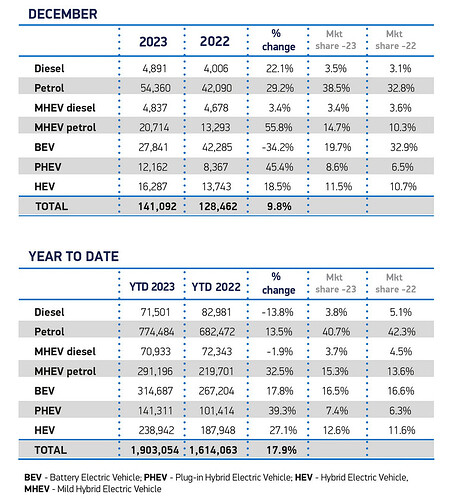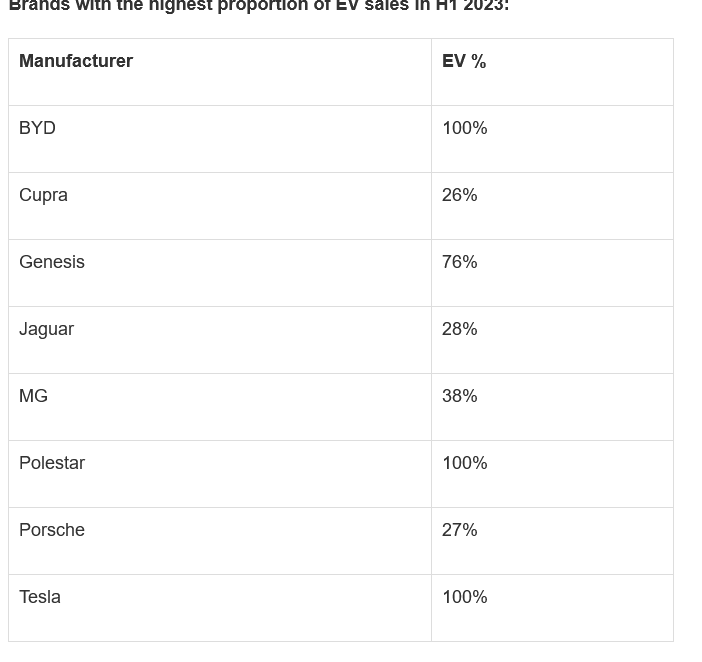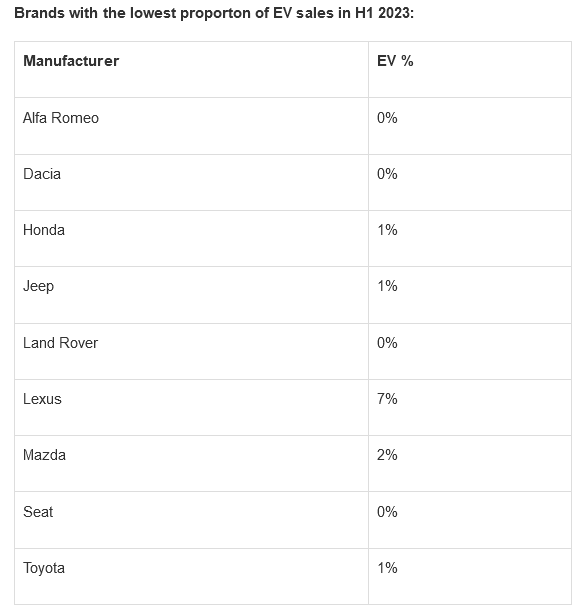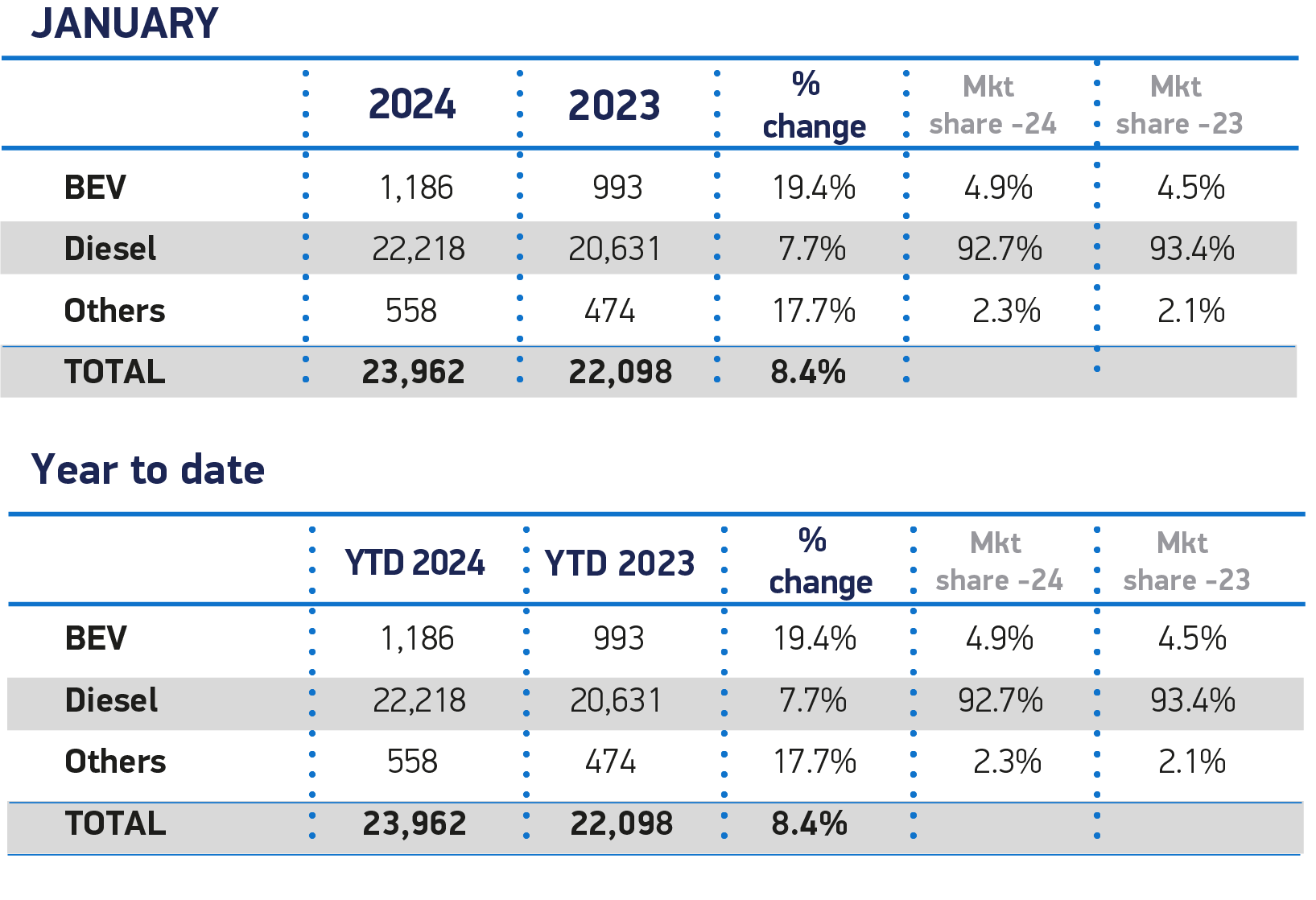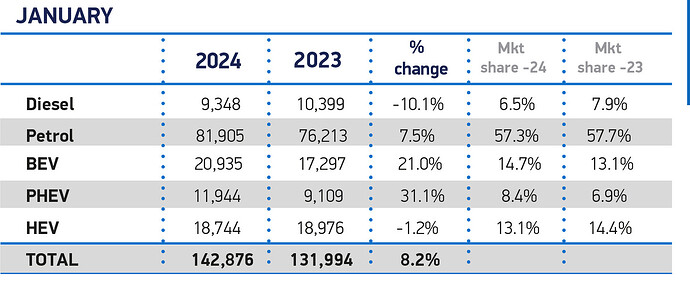Well they could just announce from tomorrow new petrol and diesel cars will not be sold, and let the public deal with it in the same manner was when catalytic converters were compulsory, air bags were compulsory, seatbelts were compulsory. I didn’t see Citizen Smith take to the street protesting these changes, even if they were well meaning changes.
Car tax duties have been manipulated for decades now, basically to encourage people to switch to less polluting cars, and by dint, to get the car makers from selling these things, as a result of declining demand. Its not been entirely successful, because there are still car makers out there making cars that are more polluting than they need to be.
In the US, CARB regulations, which does include fiscal penalities on the manufacturers, have been very successful in reducing pollution by 99% (it was CARB that really got catalytic converters going). Yeah, so fining the car makers if they continue to make something that causes a harm, just because people want it (or have been persuaded, through adverts, that they must have) is the way to go, because other approaches have not worked entirely successfully.
Organic uptake was never going to be successfull, given 100 years + of entrenched habit. Electric cars appeared in the 1910s I believe, but carmakers didn’t have the incentive to innovate. They’ve had 100 years to innovate electric cars. Car makers have known, through funded research, since the 1950s about the impact of their products on the environment.
Its troubling that for 60 years, car makers have made relatively little effort to address the issues caused by their products. The only time they do, is when they hold out their hand for government funding and subsidy of R&D. Why did the Road Research Laboratory exist? It existed to enable the government to fund improvements in car design that the car makers were unwilling to invest it. The successor TRL, while privatised, is still largely funded through the public purse, which effectively subsidises the car industry.
Scientists, with good evidence, have told car makers, and other industries, that you have to make things in a different or better way. They get mostly ignored by the car industry, who mostly wait until a government makes them change their ways. The story of catalytic converter and airbag fitment is one example.
Most people will agree that airbags reduce injuries and deaths. A societal effect is reduced healthcare costs associated with car injuries, which impacts our insurance (car insurance pays for the costs of NHS treatment of road accident victims).
An airbag was invented in 1919. but it wasn’t until the 1970s that the designs were practical, when General Motors started to offer them on government purchased cars (ie getting the taxpayer to pay for product development). Paradoxically Ford and GM lobbied hard against their compulsory introduction. Airbags as optional extra were fitted from the 1980s. The 1989 Mazda Miata had an airbag. MX5s around the rest of the world, at the time, didn’t even have a bag as an option. That’s immoral. How can a car maker consciously make a car less safe for one market compared to another? India didn’t mandate airbags until 2021; up until then then, Western and Japanese car makers were quite happy to sell cars without airbags, into India and other markets, while at the same time, offering essentially identical models with airbags in others (because they had to). Cars are still sold in Indonesia without air bags
Up until very recently, makers such as VW, were still selling cars without catalytic converters in markets such as South Africa.
Consumer manufacturers do not make alturistic improvements in products until basically forced.
I always thought one way to swiftly get rid of petrol cars is to enforce government procurement policies. Government procurement policies are often used to change the behaviour of a company ; if you don’t behave in a way which is consistant with our value, we won’t do business with you. That might include how you treat employees, your community, how you treat waste, your management systems, your safety oversight, and what products you choose to sell other customers; European government action has all but stopped export of drugs that are used in the US for execution, and now that action is having a profound impact on the debate in the US.
